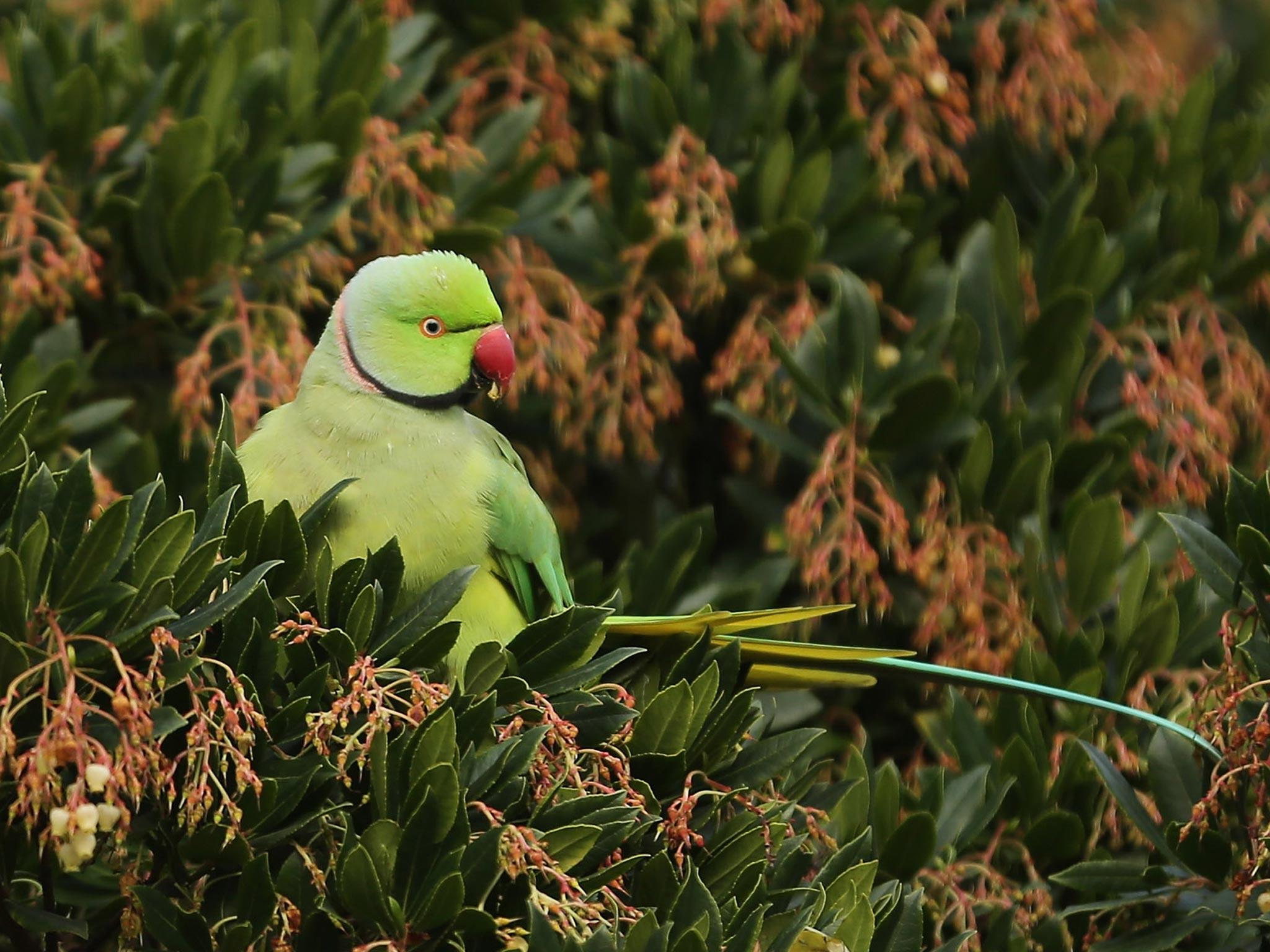Government could force landowners to kill nature’s invaders or face jail

People who try to stop officials exterminating “invasive species” such as parakeets, ruddy ducks and Japanese knotweed on their property should face a prison sentence, under proposals drawn up by the Law Commission.
The Department of Environment, Food and Rural Affairs, the Environment Agency and other bodies would be given the power to force landowners or occupiers to either control or destroy the animals themselves or allow the authorities to step in.
The Law Commission proposed people breaking a “species control order” could be jailed for as long as six months or fined up to £40,000.
Nicholas Paines QC, the Law Commissioner leading on the project, said: “Invasive non-native species are a threat to biodiversity. Early detection and eradication are essential to protect native species and minimise damage to the environment.
“There is also an economic price to pay, with some invasive plants and animals capable of causing significant damage to property and costing a great deal to control and remove.
“It is in everyone's interest if the relevant governmental bodies and landowners can reach an agreement that allows for invasive non-native species to be eradicated or controlled. But this is not always possible. Species control orders are a proportionate and necessary response to an increasing problem.”
Owners or occupiers subject to a species control order would have the right to appeal to a tribunal and, where relevant, would be compensated for any damage caused by the eradication work.
The orders could be issued only if the plant or animal was identified as a non-native and also invasive, which means it poses a serious threat to local biodiversity or economy.
The idea that plants or animals are non-native is not without controversy.
In 2009, Professor Christopher Smout, Scotland's Historiographer Royal and the founder of the Institute for Environmental History at St Andrews University, said that the concept was “culturally-determined” and that attempts to preserve the genetic identity of British wildlife were “quasi-racist”.
“The preoccupation with alien species is comparatively recent and not something which worried scientists and ecologists 50 years ago,” said Professor Smout. “They were concerned with pests. In recent times, the emphasis has been on the fact these pests are aliens and it has tended to a blanket condemnation to all species not classed as natives.”
He defended the presence of the ruddy duck, an American species accidentally released from the Slimbridge Wetland Centre in Gloucestershire in the 1950s.
“Conservationists are up in arms because they fear the ducks will all get turned into some kind of mish-mash,” Professor Smout said. “The conservationists would say 'We're doing this because it is endangering the genetic integrity of the white-headed duck'.
“I don't think that's a scientifically valid point of view. The concern with genetic integrity seems almost quasi-racist. Our attitude towards alien species is culturally determined and sometimes you end up with rather bizarre actions by scientists.”
Subscribe to Independent Premium to bookmark this article
Want to bookmark your favourite articles and stories to read or reference later? Start your Independent Premium subscription today.

Join our commenting forum
Join thought-provoking conversations, follow other Independent readers and see their replies